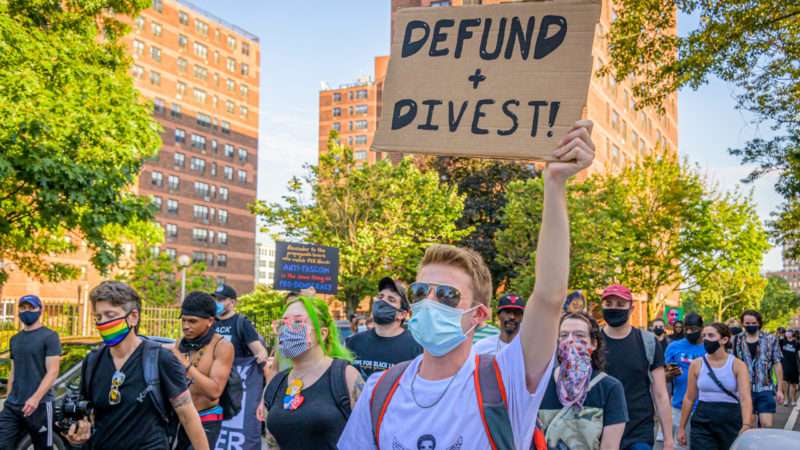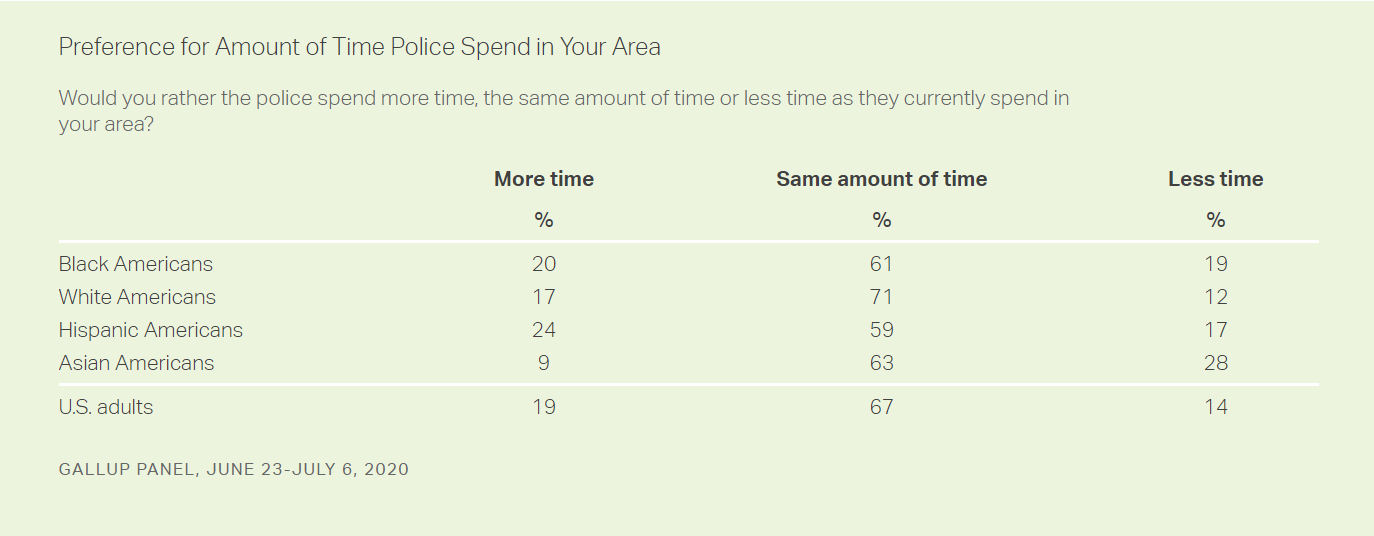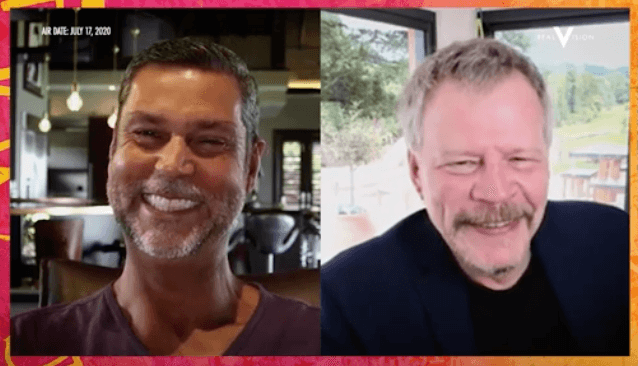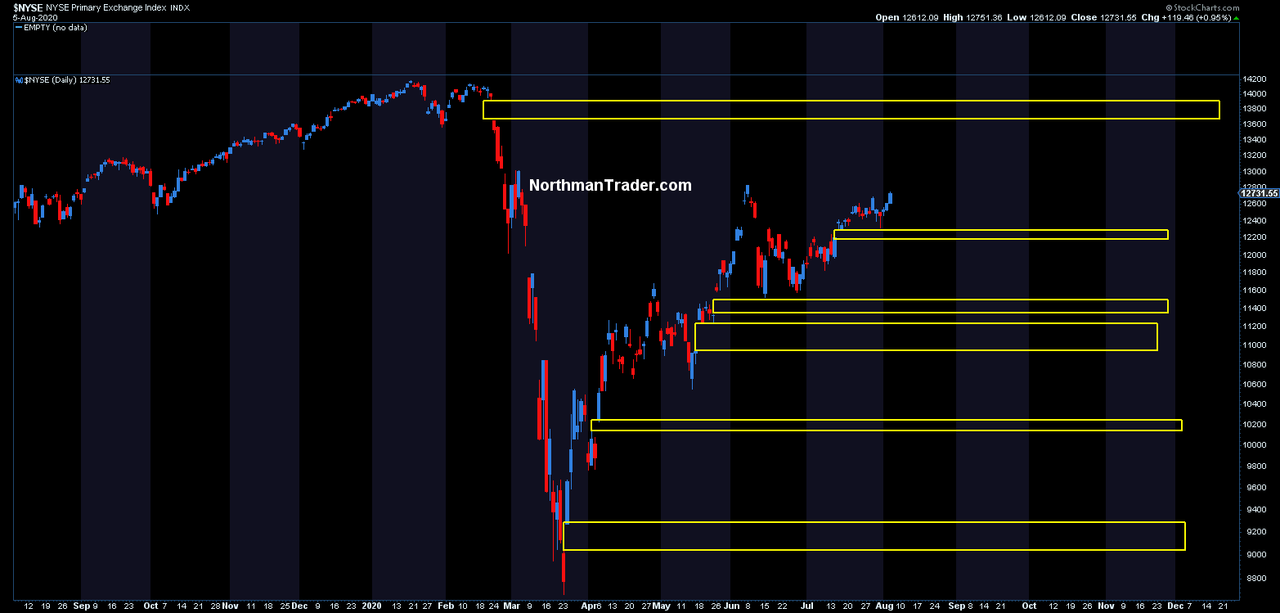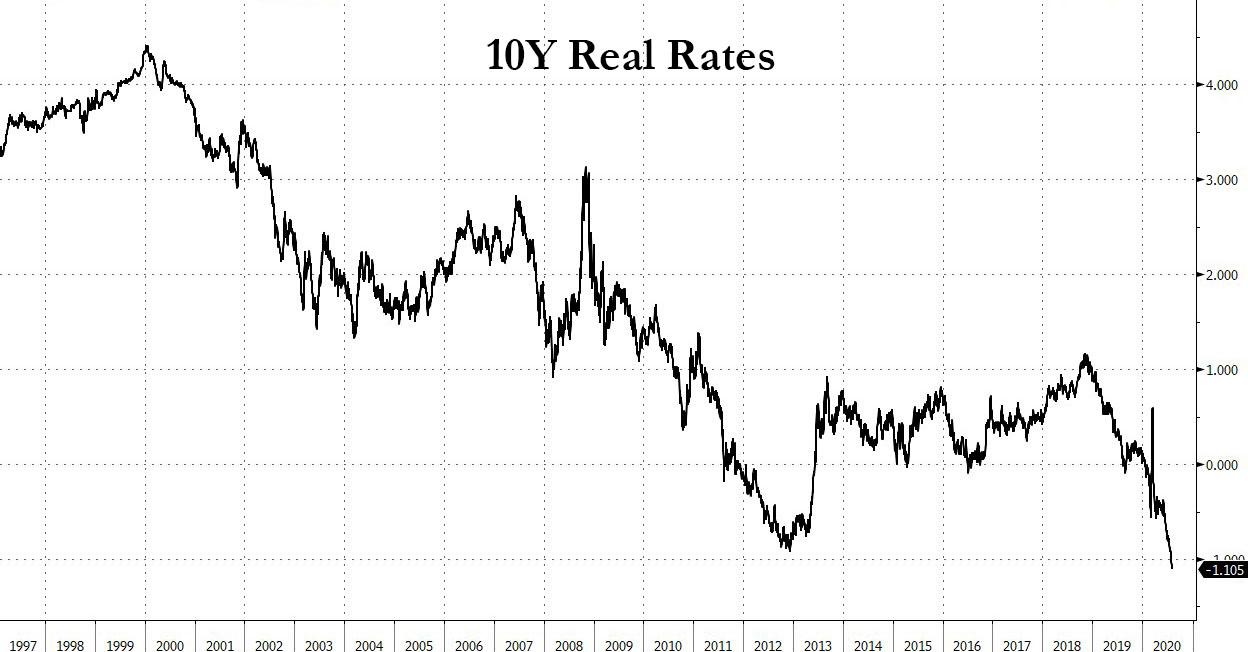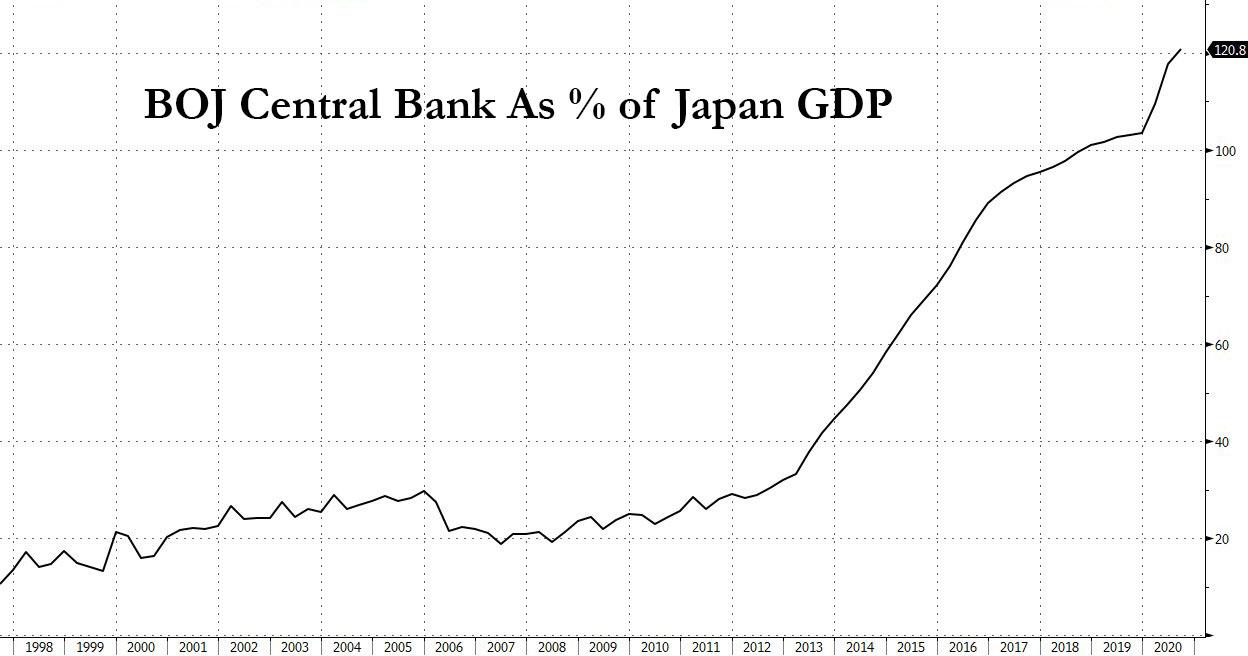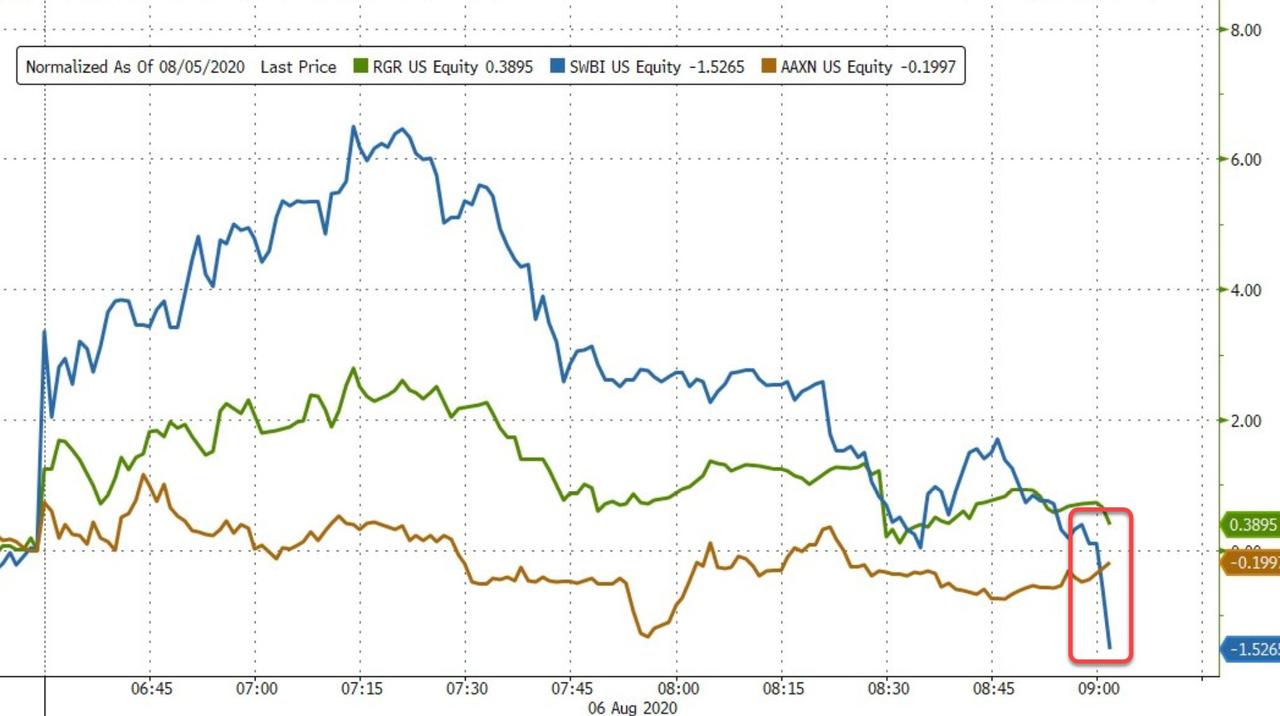Tristan James Morales was convicted of raping his 8-year-old niece; he argued that one of the jurors was improperly biased, and should have been excused for cause (as the defense lawyer had argued). Here’s the Montana Supreme Court’s summary of the facts; do you think the juror should have been excused? The court split 4-3 on this, but you’ll need to check the opinion to see which side prevailed.
“On the first day of trial, prior to voir dire, the court distributed a questionnaire to prospective jurors asking whether they or anyone they knew had been a victim of sexual assault or whether they held strong beliefs that would make it difficult to serve as a juror in Morales’s case. The court then conducted individual in-chambers voir dire of sixteen prospective jurors based on their responses to the questionnaire. The court released seven of nine jurors Morales challenged for cause based on their experiences with or strong beliefs about sexual assault, one over the prosecution’s objection.
“When the questioning turned to prospective juror R.C., she revealed in chambers that her sister, foster children with whom she grew up, and a close friend all had been sexually abused as children. The District Court questioned R.C.:
[Q.] Okay. We all come to the courtroom with personal experiences and our background that shapes how we see the world, our issue here is can you take that information that you have with your friends and whatnot and set that aside and listen to the evidence as it comes in fairly and impartially and follow the instructions on the law that I give you?
[A.] I don’t think that I could.
[Q.] And could you elaborate on that, please?
[A.] Because I’ve seen the emotional damage that it caused later on through these things that — and between that and my religious belief that sexual relations are between a man and woman who have been lawfully married, it is hard for me to set those beliefs aside.
[Q.] Even if I instructed you on the law regarding the State’s burden of proof, Mr. Morales'[s] presumption of innocence, and the fact that Mr. Morales does not have to present any evidence in this case whatsoever, do you feel like your background and experience would cause you a problem?
[A.] Probably not, then.
[Q.] So you would follow my instructions?
[A.] I would follow your instructions, yes, although it would be difficult to set this aside.
[Q.] Okay.
[A.] It’s a hard place for me to be to try to—I’ve never been in that situation where I’ve had to separate those two beliefs.
[Q.] It’s not necessarily separating, you can’t forget everything you know, that’s the reality. The issue, ma’am, is—like I say, we all come to this with backgrounds and experiences; the issue is Mr. Morales is guaranteed a fair trial; that during this trial process, it’s the State that has the burden of proof, and that burden of proof is beyond a reasonable doubt; and because the State has the burden of proof, Mr. Morales doesn’t have to present any evidence whatsoever. Furthermore, you cannot draw any type of negative inference if he chooses not to present any evidence.
Furthermore, he also has a guaranteed constitutional right not to testify. I would instruct you specifically on his constitutional right to testify, it’s a right we all enjoy as citizens, but you can’t consider it in any way, and furthermore, you cannot let it enter into your jury deliberations in any way.
So that’s a synopsis of some of the law I would instruct you on in this case with regard to some of those issues; would you follow the law I give you?
[A.] (No verbal response.)
[Q.] And there’s no right or wrong answer here, what I and the parties are looking for is for you just to tell us the truth.
[A.] (No verbal response.)
“At this point, the prosecutor asked the court if she could elaborate and engaged R.C. in the following line of questioning:
[Q.] [Morales is] charged with something; right?
[A.] Right.
[Q.] We are not asking you to say that an act is okay, you are not setting aside your religious beliefs, the law is that it’s not okay, so what you need to decide is if he did it, he’s guilty, right, and so the State has to prove that to you.
[A.] Right.
[Q.] So do you understand that difference?
[A.] I do understand that difference.
[Q.] That we are not asking you to decide that conduct is okay.
[A.] Right.
[Q.] Can you fairly listen to the evidence and be impartial when you are deciding another person’s guilt?
[A.] I think that I could.
[Q.] You think that you could?
[A.] I think, I’m not—
[Q.] But can you—if the State fails to prove its case, you’re listening to our witnesses, and it doesn’t come together and we don’t prove it, can you find him not guilty?
[A.] Yeah, I guess you’re unable to prove—if all the facts are laid out and you are unable to prove without a doubt, then that’s what it is.
“Defense counsel then followed up:
[Q.] Do you like judging people?
[A.] Not particularly.
[Q.] Does your religious belief system suggest you not judge people?
[A.] Yes.
[Q.] Your personal experience with the group of people you’ve identified— your sister, the foster children and friends—does that make you feel pretty angry?
[A.] Not angry.
[Q.] Resentful?
[A.] Pained, is that the same thing—I don’t think that’s resentful.
[Q.] Do you feel a need to exercise out that pain?
[A.] No.
[Q.] If Mr. Morales says nothing, does nothing, do you expect him to defend himself?
[A.] I would expect his—you, as his representative, to defend him.
[Q.] And if we choose to sit quietly and say to the Court we choose not to put on a defense, will you hold that against him?
[A.] No, because they would be expected to prove their case.
[Q.] Would you anticipate that he—would you infer anything by him not putting on a case?
[A.] Yeah, I think so.
[Q.] What would you infer?
[A.] Probably guilt, because if you have nothing to hide, you hide nothing.
“Morales moved to strike R.C. for cause. The prosecutor asked R.C. whether she would be able to follow the court’s instructions and not infer guilt if Morales exercised his constitutional right to not testify. R.C. replied, ‘As a citizen, I would have to follow the law. Personal beliefs, I would have to set aside.’ The court addressed R.C.:
[Q.]… I want to come back to your job as a juror [] to listen to the evidence and make a decision on whether he’s guilty or not guilty, and that’s on the evidence presented in the courtroom only and the law as instructed by me. Now, I can tell you right now what I’m going to instruct you on if you serve as a juror, number one, they have the burden of proof.
[A.] Right.
[Q.] They have to prove the offense, every element of it beyond a reasonable doubt; two, if the State doesn’t meet their burden of proof, you must find him not guilty; three, the Defendant has absolutely no burden of proof, he may choose to rely on the State’s failure to prove their case; four, individually, he has a constitutional right guaranteed by the United States and Montana constitutions, something we all enjoy as citizens, not to testify; and furthermore, you cannot infer anything based on his decision not to testify, and you cannot let that enter into your jury deliberations in any way; can you follow the law that I give you?
[A.] Yes.
[Q.] And despite knowing former foster children and relatives and friends who have been sexually abused, can you put that aside and judge Mr. Morales based solely on the evidence in this courtroom and not let that personal bias or knowledge that you have impact Mr. Morales and the evidence you hear in this courtroom?
[A.] Yes.
[Q.] Are you certain?
[A.] Yes.
Read the opinion to see the court’s analysis.
from Latest – Reason.com https://ift.tt/30ynv9V
via IFTTT
